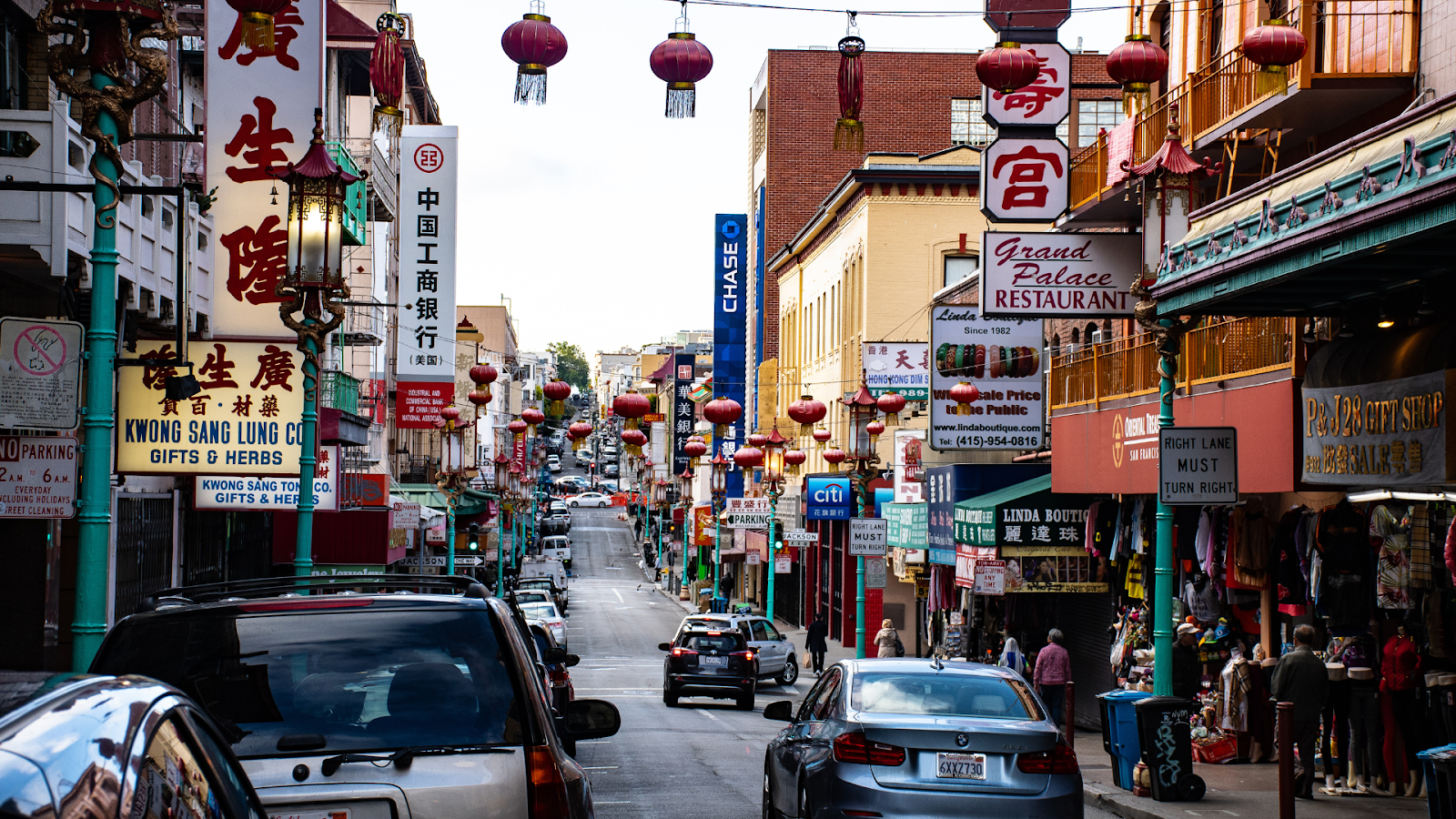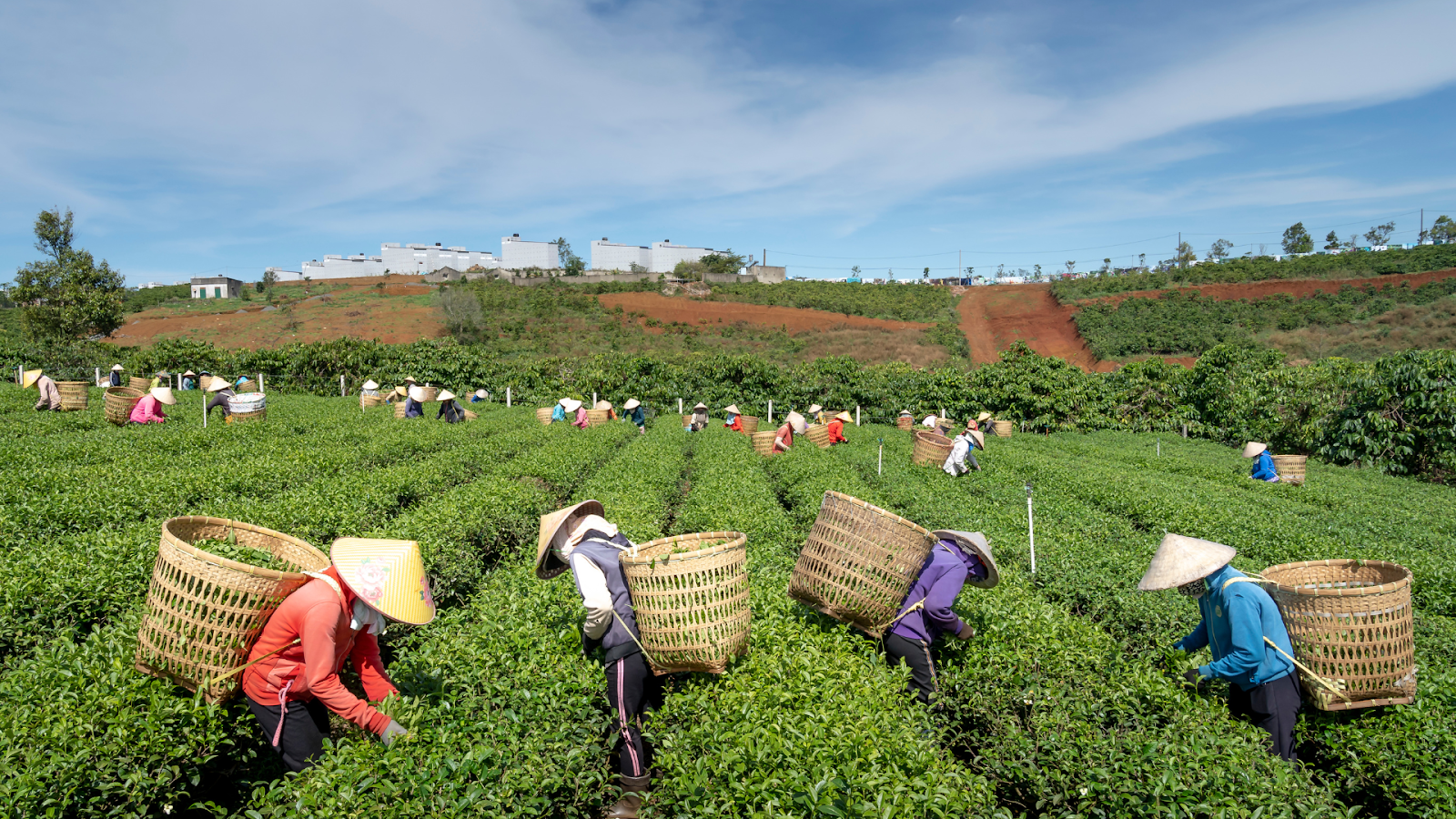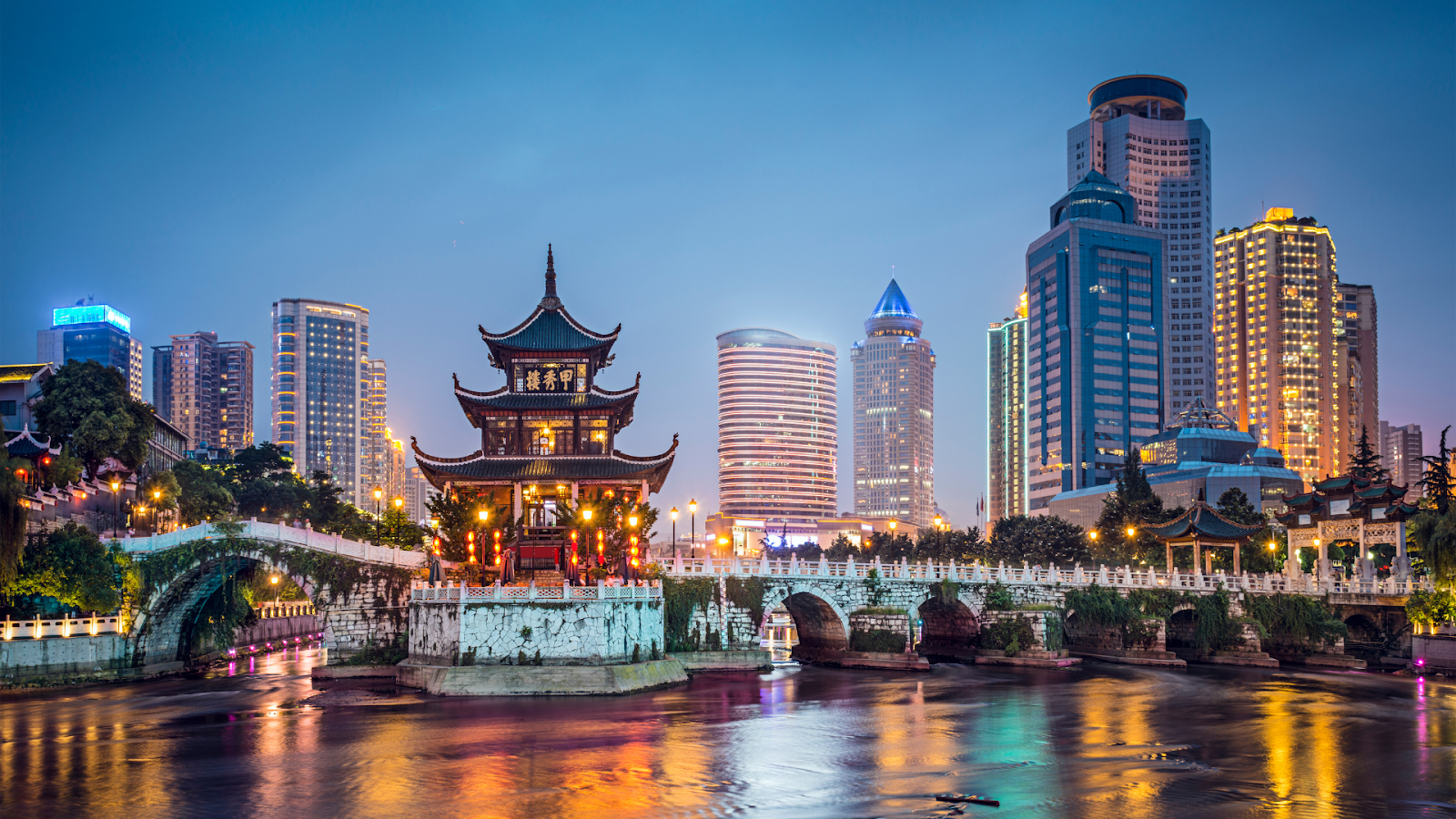The hukou system in China is a household registration system that decides where you officially belong and what services you can get. Every Chinese citizen is registered at birth with a hukou, which is tied to a specific place, usually your family’s hometown.
The hukou system affects where you can live, what jobs you can get, and what schools and hospitals you can use.
If you have wondered why some people in China can move to big cities easily while others cannot, or why some have better healthcare and schools, the hukou system is the main reason. It is a huge part of daily life and can affect your whole future.
What Does Hukou Mean in China?
Hukou (户口) means “household registration.” It is like an internal passport within China.
Two Main Types of Hukou
China’s hukou system divides citizens into two main categories: rural (agricultural) and urban (non-agricultural) hukou. This classification is not just about where someone lives—it deeply influences their access to resources, social services, and opportunities throughout their lives.
Rural hukou (agricultural)
- Assigned to people from the countryside or villages.
- Traditionally linked to farming and agricultural work.
- Provides access to land for cultivation but often limits access to urban social services, healthcare, and education.
Urban hukou (non-agricultural)
- Given to people registered in cities or towns.
- Usually associated with non-farming jobs and urban lifestyles.
- Offers greater access to public services, better schools, and more job opportunities compared to rural hukou holders.
The type of hukou a person has can significantly affect their rights, benefits, and mobility within China. For many families, obtaining an urban hukou is seen as a pathway to a better quality of life and increased social status.
Why Was Hukou Created?
To keep track of people and manage resources:
The government needed a way to record where people lived for planning and distribution of food, housing, and public services.
To control where people live and work:
The system restricts people from freely moving between rural and urban areas, tying their benefits to their registered location.
To make sure cities do not get too crowded:
By limiting migration to cities, the government aimed to prevent overpopulation in urban areas and reduce pressure on city infrastructure and resources.
To maintain social stability and plan economic development:
The hukou system helped the government organize labor and maintain order during rapid industrialization and urbanization.
How the Hukou System Works in China

How You Get a Hukou
In China, every person is registered in the hukou system at birth, usually inheriting the same hukou type: rural or urban, as their parents.
This registration is handled by local government offices, and your hukou record includes important personal details such as your name, family members, place of birth, and official address.
Changing your hukou status, such as moving from rural to urban, is often a complicated process that requires meeting strict government criteria or special circumstances, like higher education, government jobs, or marriage.
How Hukou Affects Your Life
The type and location of your hukou have a major impact on many aspects of your daily life. Your hukou determines where you are officially allowed to live, often making it difficult to move to a different city or region without official approval.
It also affects which public schools your children can attend, which hospitals and healthcare services you can use, and even what types of jobs are available to you.
Because of these restrictions, many people with rural hukou face challenges in accessing the same opportunities and benefits as those with urban hukou, especially if they move to a city for work.
Changing Your Hukou
It is very hard to change your hukou, especially if you want to move from the countryside to a big city. You might need to:
- Have a steady job in the city
- Buy property in the city
- Pass certain tests or meet strict rules
📌Looking to see how hukou affects your paycheck? Check out our guide on average salary in China to see how location can change your earnings.
How the Hukou System Impacts Daily Life

The hukou system affects almost everything in your life in China.
If You Have an Urban Hukou
- You can go to city schools
- You can use city hospitals
- You can apply for public housing
If You Have a Rural Hukou
- You might not get city schools or hospitals, even if you move to a city
- You may need to travel home for healthcare
- Buying a house or getting a loan is harder without a local hukou
Impact on Families
Many families are split up. Parents often work in cities, while their children stay in their hometowns with grandparents.
📌Want to know more about working life in China? Discover more with our guide to working conditions in China.
Key Issues and Criticisms of the Hukou System
The hukou system has caused some big problems.
Main Problems
- Urban-rural gap: City people get better schools, jobs, and healthcare
- Migrant workers: Hard to get city benefits, even after years of working
- Left-behind children: Kids stay in the countryside while parents work far away
- Hard to change hukou: Most people keep the same hukou for life
Recent Hukou Reforms and Changes

China has made some changes to the hukou system in recent years.
What Has Changed?
- Some smaller cities have made it easier to get a local hukou
- The government wants more people to move to cities and help the economy
- In big cities like Beijing and Shanghai, it is still very hard to change your hukou
📌Want to see how these changes fit into the bigger picture? Browse our overview of the Chinese legal system.
Pros and Cons of the Hukou System in China
The hukou system has played a major role in shaping China’s society and economy, offering both advantages and significant challenges.
While it has helped the government organize resources and manage population growth, it has also led to deep social inequalities between urban and rural residents.
Pros
- The hukou system helps the government plan for important public services like schools, hospitals, and jobs by keeping detailed records of where people live. This allows for more accurate budgeting and resource allocation in different regions.
- By controlling how many people can move to cities, the system helps prevent overcrowding and ensures that urban infrastructure is not overwhelmed. It also helps distribute resources more evenly between urban and rural areas.
- In the past, the hukou system made sure there was enough food for the country by keeping enough people working on farms and preventing a mass migration to cities that could have led to food shortages.
Cons
- The hukou system creates unfair differences between people living in cities and those in the countryside. Rural residents often have less access to quality education, healthcare, and social services compared to urban residents.
- Because changing hukou status is difficult, it can split families apart when members move to cities for work but cannot bring their children or elderly parents with them, making it hard for families to stay together.
- The system limits people’s chances for better jobs or education, especially for those with a rural hukou who want to move to a city. This can make it difficult for people to improve their living standards or pursue new opportunities.
Why the Hukou System Still Matters
The hukou system shapes where people in China live, work, and access services. While it helps the government manage resources, it also creates challenges, especially for rural families and migrant workers. Even with some reforms, hukou rules still impact millions every day.
Understanding this system is key for anyone interested in Chinese society. If you need legal help or advice about hukou or residency issues in China, Choi & Partners can assist you. Contact us today!
Frequently Asked Questions About the Hukou System in China
What was the problem with the hukou system?
The hukou system made it hard for rural people to move to cities and get the same benefits as city residents. This caused big gaps in education, healthcare, and job chances. Many families were separated, and migrant workers often had fewer rights.
Is there still hukou in China?
Yes, the hukou system still exists. Some smaller cities have made it easier to change your hukou, but big cities still have strict rules. Most people have the same hukou they were born with.
What are the strengths of the hukou system?
The hukou system helps the government plan for schools, hospitals, and jobs. It controls city growth and keeps resources balanced. It also helped keep food production stable by keeping farmers on the land.
Can you change your hukou status?
It is possible but usually very hard. Some cities let you change hukou if you have a steady job, buy property, or meet other requirements. In large cities, it is much more difficult and only a few people are approved each year.
What happens if you do not have a hukou?
Without a hukou, you cannot get many public services like school or healthcare in your new city. You might have trouble finding legal work or buying a house. Most people need a hukou to live a normal life in China.
How does China’s hukou system compare to other countries’ ID and residency systems?
The hukou system is stricter than most ID systems in other countries. In most places, people can move and get services anywhere. In China, your hukou ties you to one place, which controls your access to schools, hospitals, and jobs.
Related articles:
China Residence Permit: Everything You Need to Know
Green Card in China: Requirements and Application Process
Subscribe to receive updates
Subscribe to receive the latest blog posts to your inbox every week.


.png)
